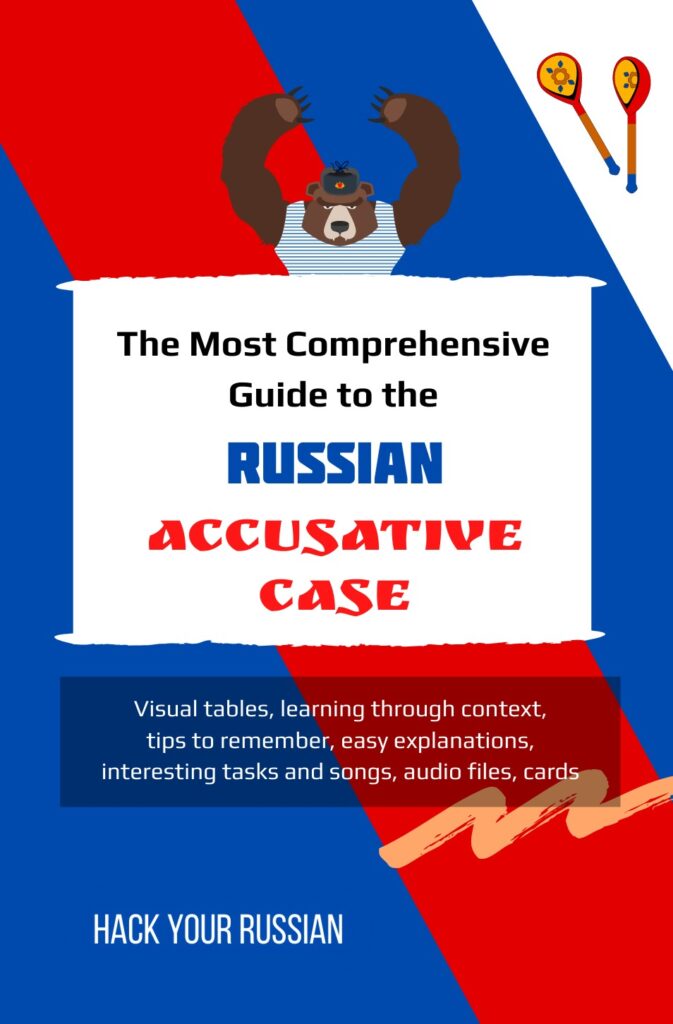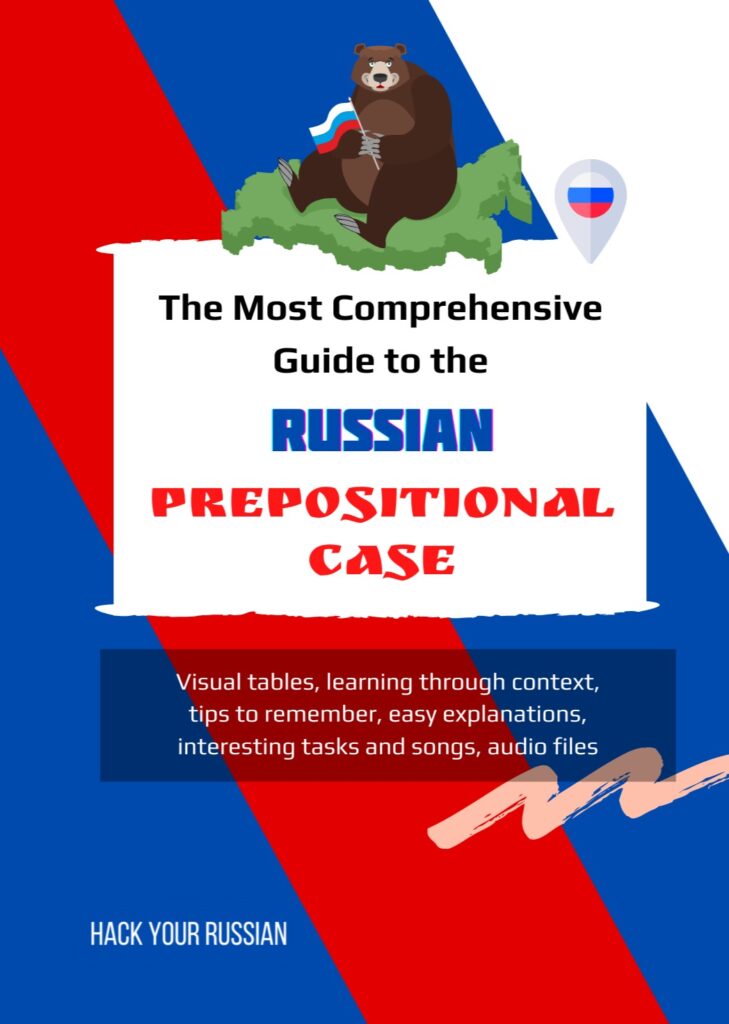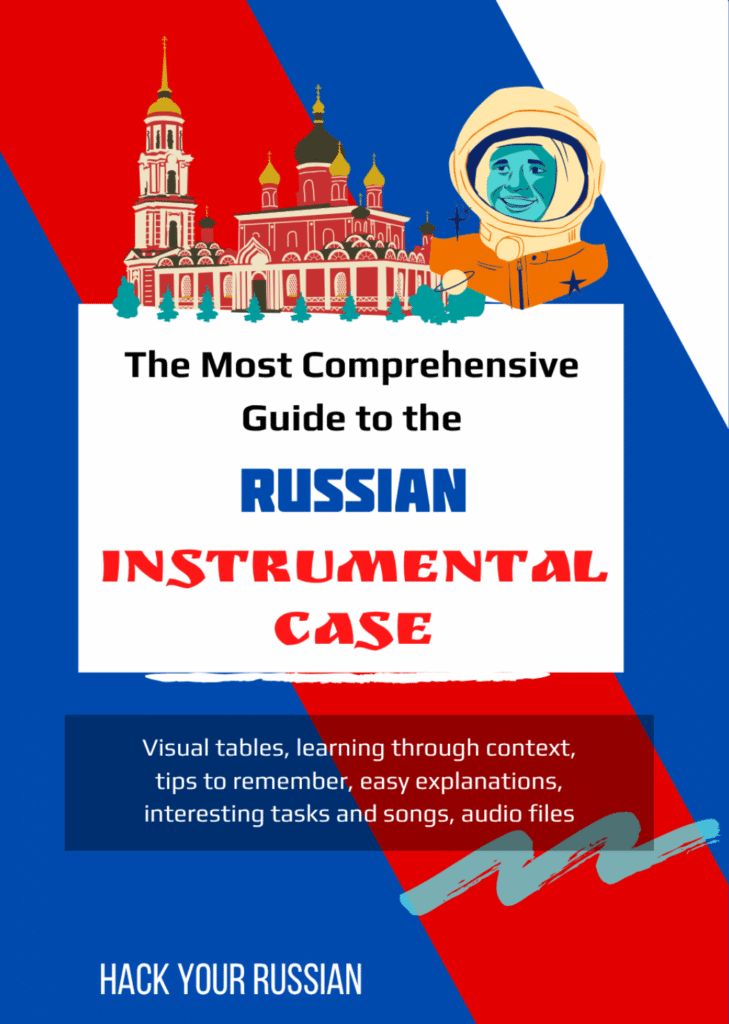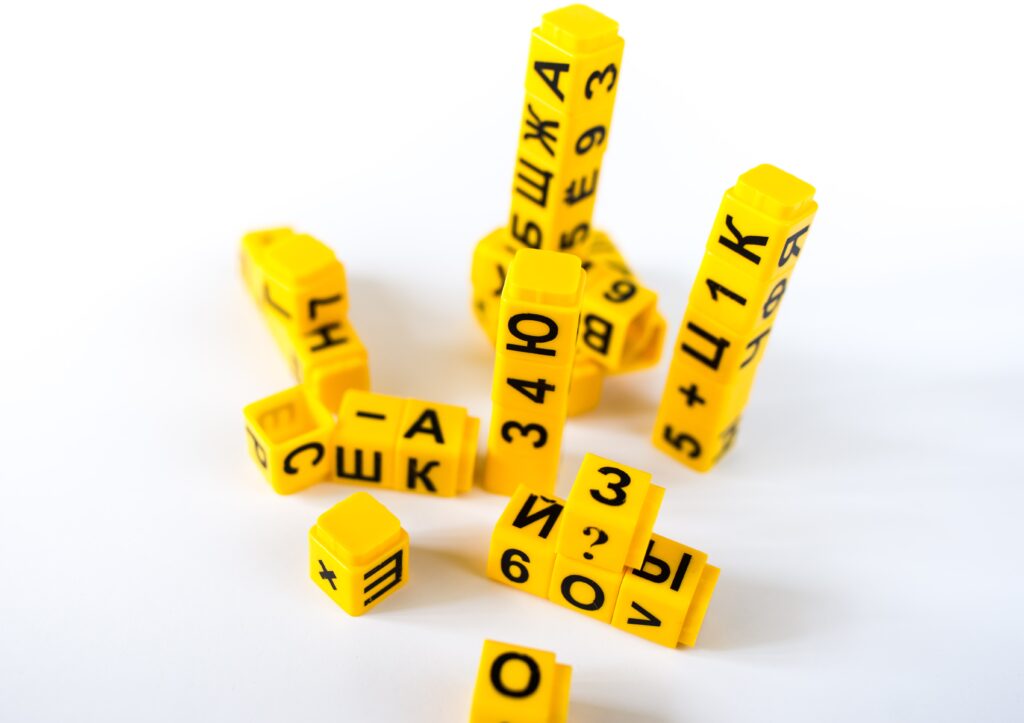How to pronounce Russian hard sign and Russian soft sign in words?
Many learners of Russian often wonder why the Russian language includes the hard (ъ) and soft (ь) signs, given that these letters do not represent any specific sounds. Even advanced learners frequently struggle to pronounce words containing these signs correctly. This difficulty often stems from the explanations commonly provided in Russian textbooks and by language instructors. In reality, the functions of the soft and hard signs are quite simple to explain when viewed from a foreign learner’s perspective. Instead of stating that the soft sign “has no sound” and “softens the preceding consonant”—a concept that can be confusing for beginners—it is more effective to demonstrate the actual sound modification that occurs in words containing the soft sign. Similarly, rather than describing the hard sign as merely indicating a “slight pause” between two letters, it is more helpful to explain which vowels typically follow the hard sign, as these vowels are the key to understanding and correctly pronouncing words that contain it.
In my following video lessons, I explain how to easily pronounce Russian words with a soft sign and a hard sign. You can find a bried overview below each lesson.
How to pronounce words with a Russian soft sign
Believe it or not but in the past this soft sign actually was a letter and it was a vowel called ЕРЬ. And it had a sound which can be really unbelievable for people nowadays because as we know Russian soft sign doesn’t have a sound. So until the 12th century this soft sign had a sound and it was a sound ‘i’, very short ‘i’. After time this sound was transformed into ‘Э’ (eh). However Russian language was evolving and after time it completely lost its sound and nowadays we know that it doesn’t have a sound and it is called ‘мягкий знак’ (soft sign). So we know that it makes a previous letter sound soft.
While it’s natural for Russian natives to pronounce this soft sign in words, it is really difficult to explain to a foreigner that there is a soft sign that doesn’t have any sound at all but they anyway have to pronounce it in words. I know that there are different ways and techniques in order to teach people to pronounce this soft sign in words like for example to listen and repeat which is really insane because if you don’t know if you have never used this soft sign in your language, you cannot really learn to pronounce it that easily. There are also some ways to actually show how you need to put your tongue and to position your mouse in order to pronounce this soft sign which is also not working because actually you cannot really learn this universal way of pronouncing a soft sign with each consonant because every consonant is pronounced differently. There are also some better ways to explain how to pronounce this soft sign after vowels after consonants and vowels, which are really great but so complicated.
But there is a little trick that can help anyone pronounce a Russian soft sign from the first attempt. The key to pronouncing a Russian soft sign is a sound ‘ih’. But don’t get me wrong, of course it doesn’t have a sound on its own but when you pronounce words with this soft sign, you can add this soft and very light sound and you will see that it works just perfect. There are examples shown in the video lesson.
How to pronounce words with a Russian hard sign
Just like a Russian soft sign, a hard sign also was a vowel in the past. Until the 12th century, it had a very short sound ŭ, and then was transformed into a sound ŏ. At that time it was called ЕРЪ and it had a very important function in Russian language. Initially it was put in the end of every word to serve as an indicator of space. After people started to use it only in the end of nouns of a masculine gender. Therefore, all nouns of a masculine gender had this letter in the end. But people started to realize that it took too much space in printed materials and in the beginning of the 20th century the Bolsheviks decided to get rid of this letter ЕРЪ in the end of words. Nevertheless, they kept it inside words to serve as a divider between two letters and gave it a name ‘твёрдый знак’. There were also some attempts to replace it completely with a double apostrophe in words, but this idea was abandoned.
According to the most common explanation of a hard sign, it makes a slight pause between letters. This explanation is fine for Russian natives, but not suited for foreigners. There is a much better way to explain how to pronounce words with a hard sign. As you may already know, there are not a lot of words with a hard sign in Russian language. The good news is that in all these words a Russian hard sign is always followed by one of these vowels: е, ё, ю, я. These four vowels are very tricky as they can be pronounced different ways depending on several factors: their position in a word and stress. When they are followed by a Russian hard sign, they should be pronounced as a combination of two sounds. You can watch the whole explanation with examples in a video lesson.
And if you want to learn all tips and tricks of Russian pronunciation, you can check my Russian Pronunciation Course, where you will find answers to all your questions on Russian pronunciation: difficult Russian sounds, vowels and consonants that are pronounced differently in words, silent letters, ways to predict stress in Russian words, Russian intonation and much more.

If you have recently started to learn Russian language, you should absolutely have my free guide ‘Essential Russian Words and Expressions to Understand Spoken Russian’.
If you wish to speak Russian, you should absolutely learn how to use Russian cases. Check the most comprehensive guides to Russian cases:







